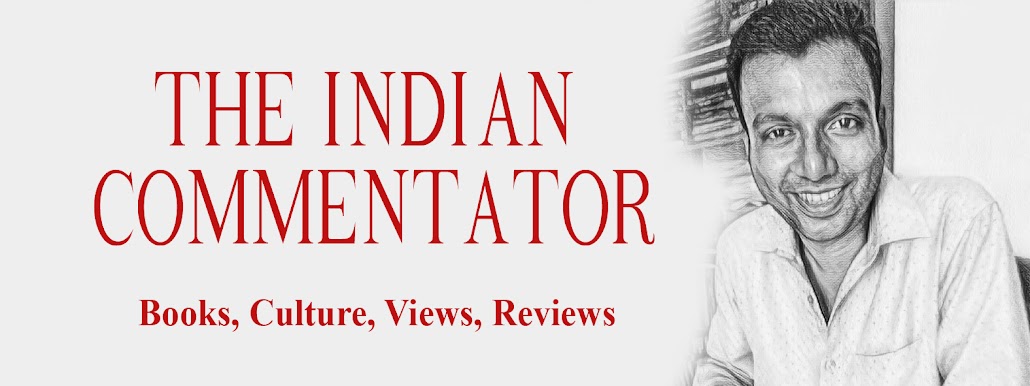“Throughout the night the work continued, but as dawn approached not a single gun had been dragged into its allotted position.” (299)
 |
| Image Courtesy: Google |
Christopher
Hibbert’s non-fiction narrative The Great
Mutiny; India 1857, deals entirely with the Rebellion that sparked among
the so-called sepoys in the Indian army, set up by the British. Those soldiers
recruited from among the native population were the ‘sepoys’. The Great Mutiny;
India 1857 although is not a typical history book with its monotonous description
of political reforms and causes for this move or that change of throne.
Instead, one could call The Great Mutiny;
India 1857 an entertaining vista of a part in Indian history, written with
amazing clarity and sincerity.
Christopher
Hibbert was born in Leicestershire, England in 1924. A British writer writing
on an episode in Indian history is problematic, on plain sight. However, on a
closer analysis, The Great Mutiny; India
1857 proves otherwise. The book does not valorize the British; neither does
it denigrate the First War of Indian Independence.
“But
the Age of Reason had been followed by an age in which the Englishman assumed—as
Brigadier-General John Jacob, a famous leader of Indian Cavalry, assumed—that the
British were masters of India because they were ‘superior beings by nature to the
Asiatic.’” (37)
The
formative years of the First War of Independence, what was known previously as
The Sepoy Mutiny, takes the reader into the heart of British and native Indian
life during the late 18th and early 19th century. Unlike many
other Indian versions of the Mutiny or the First War of Independence, The Great Mutiny; India 1857 never takes
sides with any one party. Romanticized versions of history often tend to distort
historical facts and create altered versions of realities in accordance with
the political standpoints of the author. No doubt, history is authored, much
like the descriptions in a museum.
I
remember, once visiting the Arakkal Museum, Kannur. There is nothing much to
see in the museum, except a few bedsteads of the king, some silver platters,
paintings and ornaments. The descriptions on the exhibits are the funny part. They
read like a petty sentimental romance. There is no mention of facts or logical
explanation of what occurred, really. It is in such attempts to sentimentalize
history, the British appear ‘cruel demons’ and ‘merciless slaughterers’. The
political or cultural element in the British conquest of India seems to have
been forgotten, the roots of which still survives in the genetics of the country’s’
political system.
To
take an instance, the crucial strategy of the British to maintain their power
over a nation of “well over a hundred million people” was a weak but
ostentatious attempt to make things appear just. “Without respect and a general
feeling that their rule was not unjust, it would have been impossible for the relatively
few British in India to control an empire.” (38)
Apart
from being just to a history book’s seriousness, The Great Mutiny; India 1857 often presents situations from the
daily life of the British and Indian soldiers, humorously. Trooper Charles Quevillart
of the 7th Dragoon Guards writes, “The trouble was there was not
enough to occupy the men in their long leisure hours.” (43)
 |
| Image Courtesy: Google |
However,
on the other side of this joke one could also find the story of a great discrimination,
betrayal, and oppression. The Great Mutiny;
India 1857 is not just a book for researchers, but an entertaining volume
on how it all happened, for every book-loving person, who is in search of a
change, for the time being.











